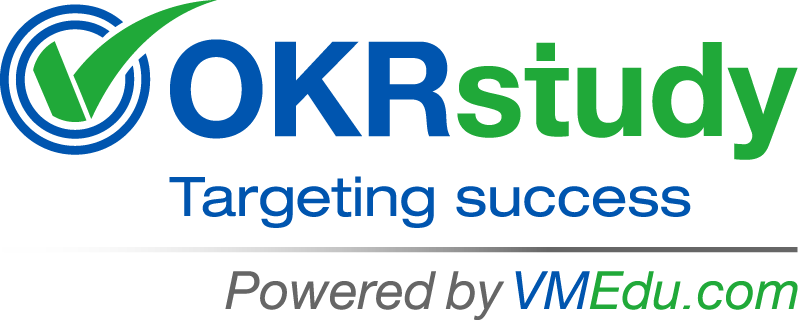8.1.1.1 Organization Team
The organization team consists of key stakeholders, including executives, team leaders, and individual contributors responsible for executing OKRs. Their collective insights and experiences are essential in conducting meaningful retrospectives and reviews. Each team member provides valuable input on challenges, successes, and opportunities for improvement based on their unique perspectives.Effective engagement from the organization team ensures that the retrospective process is comprehensive and data-driven. Participation fosters transparency, alignment, and a culture of continuous learning. Teams should be encouraged to share honest feedback and highlight both strategic and operational insights. Their involvement helps identify whether objectives were realistic, key results were measurable, and the execution strategy was effective.By actively engaging the organization team, businesses can ensure that retrospective discussions lead to actionable insights and improvements for the next OKR cycle.
For more information, see section 3.2 to 3.12.
8.1.1.2 OKRs
OKRs serve as the foundation for retrospective and review discussions, providing a structured framework to assess performance. Reviewing OKRs helps organizations determine how well objectives were met and whether key results were effectively measured. During retrospectives, teams analyze the relevance, clarity, and impact of OKRs, identifying areas where objectives may need refinement or adjustment.Additionally, teams evaluate whether key results were ambitious yet achievable, ensuring they drive meaningful progress. By examining OKRs in detail, organizations can determine alignment with company goals and identify patterns in execution. Well-structured OKRs serve as a learning tool, helping teams understand what strategies worked and what challenges hindered success.This analysis informs the iteration process, leading to more effective goal-setting in future OKR cycles.
For more information, see section 4.5.
8.1.1.3 OKR Reports
OKR reports consolidate performance data, providing a quantitative and qualitative overview of progress throughout the OKR cycle. These reports typically include completion rates, scoring metrics, key blockers, and trends in execution. They serve as a crucial input in retrospective meetings, offering objective insights into team performance and goal achievement.A well-prepared OKR report enables teams to identify discrepancies between expectations and results, helping uncover underlying factors such as resource constraints, misaligned priorities, or unforeseen challenges. Reports may also highlight cross-functional dependencies and collaboration gaps that impacted progress.By leveraging OKR reports, organizations ensure that retrospective discussions remain data-driven rather than subjective. This allows teams to make informed decisions, recognize high-impact efforts, and adjust strategies for the next cycle.
For more information, see sections 5.2 to 5.7.
